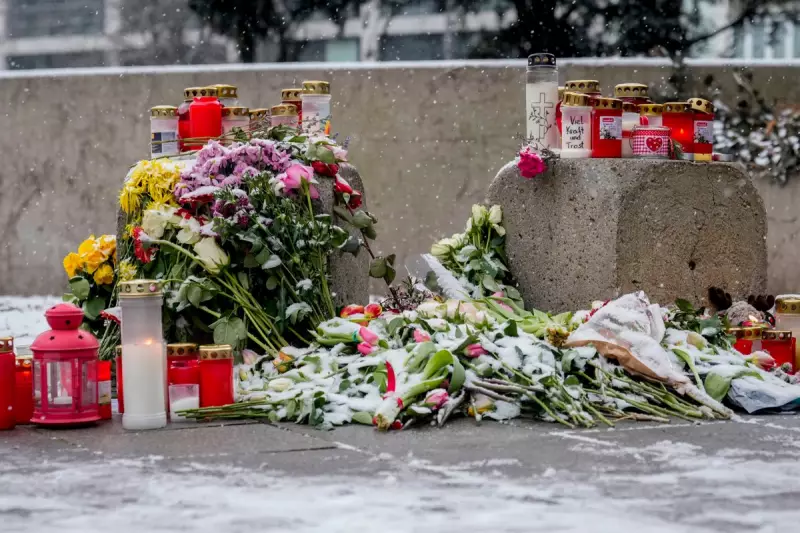
German Interior Minister Nancy Faeser has ignited a political firestorm with her controversial proposal to resume deportations of convicted Afghan criminals back to their homeland, despite the Taliban's brutal takeover.
The suggestion, which marks a significant shift in Germany's migration policy, has drawn immediate condemnation from human rights organizations and political opponents who warn it would endanger lives and violate international obligations.
Political Uproar and Human Rights Concerns
Faeser's proposition has created deep divisions within Germany's governing coalition, with the Greens particularly vocal in their opposition. Human rights advocates argue that returning anyone to Afghanistan under Taliban rule amounts to a death sentence, given the regime's notorious human rights record and violent treatment of opponents.
"This proposal is dangerously irresponsible," stated a spokesperson for Amnesty International Germany. "We're talking about sending people back to a country where torture, arbitrary detention, and execution are daily realities."
The Security Dilemma
The interior minister defends her position by highlighting public safety concerns following several high-profile crimes committed by Afghan nationals. Faeser argues that Germany cannot provide refuge to individuals who pose serious threats to public security.
However, critics counter that the policy change would primarily affect vulnerable individuals, including those who worked with Western forces and face particular risk under Taliban rule. The debate comes amid growing tension in German cities where anti-migration sentiment has been rising.
International Implications
Germany's potential policy shift could influence broader European migration strategies. Other EU nations have been grappling with similar dilemmas regarding Afghan returns since the Taliban seized power in August 2021.
The proposal has also strained Germany's diplomatic relations, with Afghan refugee organizations and international human rights bodies urging Berlin to reconsider what they describe as a "dangerous precedent" in refugee protection.
As the debate intensifies, Chancellor Olaf Scholz's government faces mounting pressure to clarify its position on one of Europe's most contentious migration questions.





